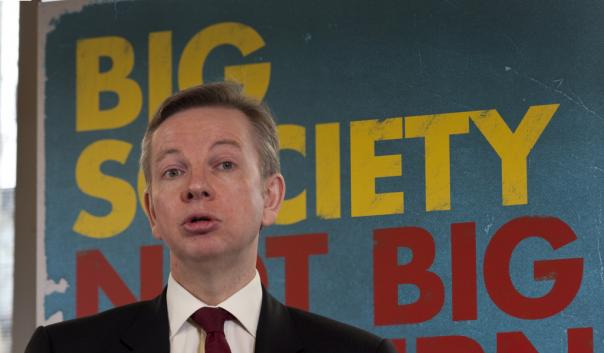Peace ‘breaks out’ in political war over UIFSM

Public disagreements within the Coalition Government over the introduction of Universal Infant Free School Meals (UIFSM) have forced Education Secretary Michael Gove and Schools Minister David Laws to write a joint article for the Times newspaper today reinforcing Government-wide support for the policy.
And Deputy Prime Minister Nick Clegg, who announced the UIFSM policy last year, has carried out a number of radio and TV interviews today in which he has restated his determination that free school meals for all pupils aged 5-7 will go ahead.
He is reported to have said: "It's going to happen, it's properly budgeted, it will happen."
The public statements of support follow weeks of dispute about the policy, in particular concerns about the time-scale and funding, which have divided the Coalition along party lines.
Conservatives are concerned about the rising costs of the policy, while Lib Dems see it as an important statement of their ability to champion state intervention where necessary.
But, writing in the Times newspaper, Gove and Laws claim the plan to give free school meals to younger infant pupils at a cost of £1billion, has ‘genuine cross-party support’.
The pair say: “Some schools will find it easier than other to expand their catering services to meet this increased demand, but at present the overwhelming majority of schools already seem to be on track.”
Some criticism has been from schools that they have not been allocated the necessary capital funds to upgrade their kitchens in preparation of the introduction of the policy in September, and were not given any warning that they would need to find extra money from their budget.
In his broadcast interviews Clegg insisted the plan had been piloted in Durham and Newham, and the nationwide scheme was not being introduced any faster than in the pilot regions.
He said the government had set aside money on top of £1.4bn to maintain schools generally.
"We think the resources are there. The detail is now in the discussion between the individual schools and the local authorities."
